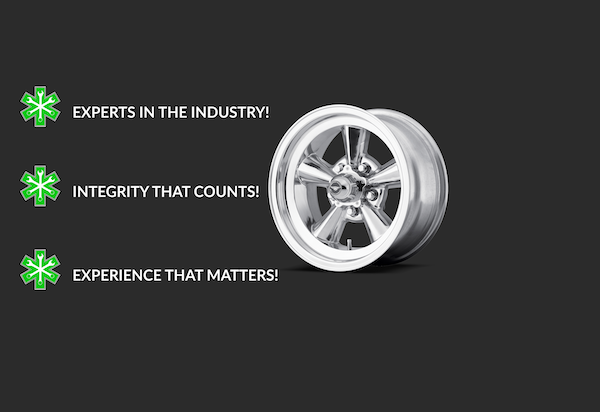Tune Up – More than You Wanted to Know
Regardless of its brand or age, every car needs regular tune-ups. Their behind-the-scenes nature means some drivers don’t see their value, but investing in preventative measures and routine checkups can save you future headaches! Here’s what goes into an average tune-up.
General Tune-up Procedures: Tune-ups can vary depending on the car and who is performing the tune-up. Generally, a tune-up consists of checking the engine for parts that need cleaning, fixing, or replacing. Common areas under inspection include filters, spark plugs, belts and hoses, car fluids, rotors, and distributor caps. Many of these only require a visual inspection or a simple test.
While some of these checks can be done at home, having professionals give your car a comprehensive tune-up guarantees that the engine is fully examined. At The AutoMedic, tune-ups can also include analyzing exhaust emissions, adjusting ignition timing and idle speed control, and a thorough maintenance inspection.
Filters and Spark Plugs: Though tune-ups come in a variety of flavors, they almost always include your filters and spark plugs.
Fuel filters, oil filters, PCV valves (which help ventilate the engine), and air filters all help keep your engine clean. The filters catch contamination. Over time, clogs can develop as unclean fluids, air, dust, and other impurities get caught in the filters. If unchecked, dirty filters can lead to higher oil pressure, fuel pump failure, and many other expensive and annoying problems.
Spark plugs are the tiny electrodes that handle the “combustion” part of an internal combustion engine. They are subject to wear over time, as the metal is constantly under high pressure and temperatures. Rough idling and hard starts are often due to worn spark plugs. Their accompanying wires, rotors, and distributor caps can also wear out, and a good tune-up includes their inspection.
When to Get a Tune-up: Though tune-ups are important, most cars don’t require them as often as they require other maintenance jobs, like oil changes. If you have a car from the 1970s or earlier, you probably should get a tune-up every 10,000 miles. Most newer cars should be checked every 30,000 – 50,000 miles or so, despite some manufacturers recommending a 100,000 mile interval.
Routine tune-ups are crucial to maintaining your engine’s performance and longevity. Contact The AutoMedic to ask one of our experienced technicians about our tune-up services.
